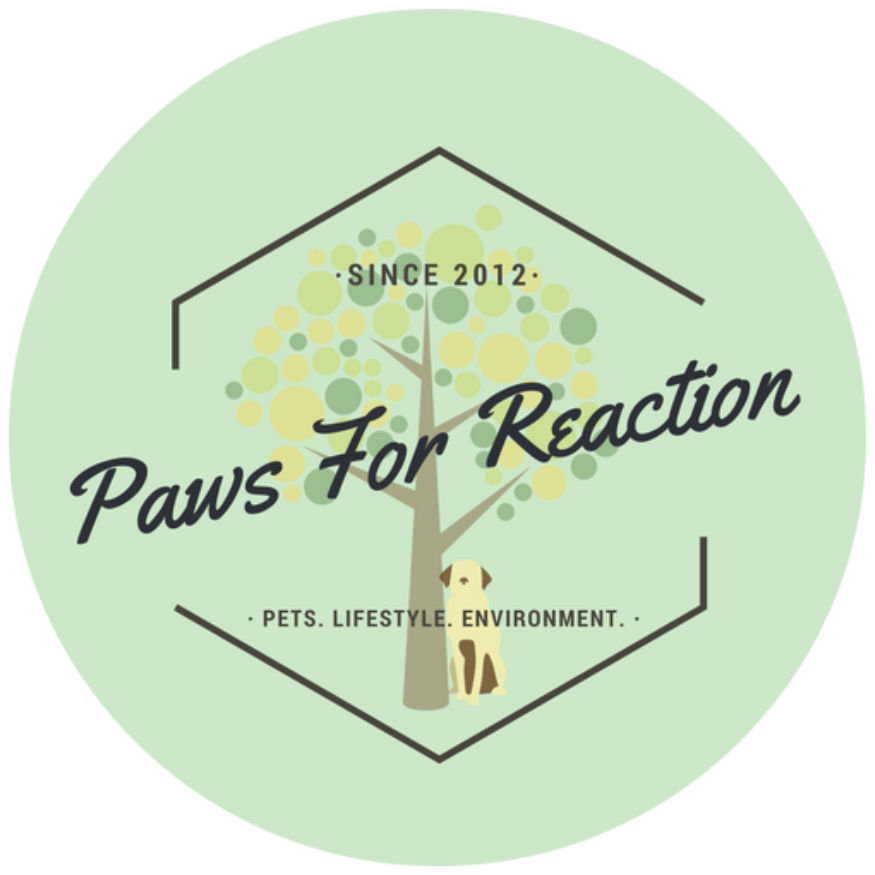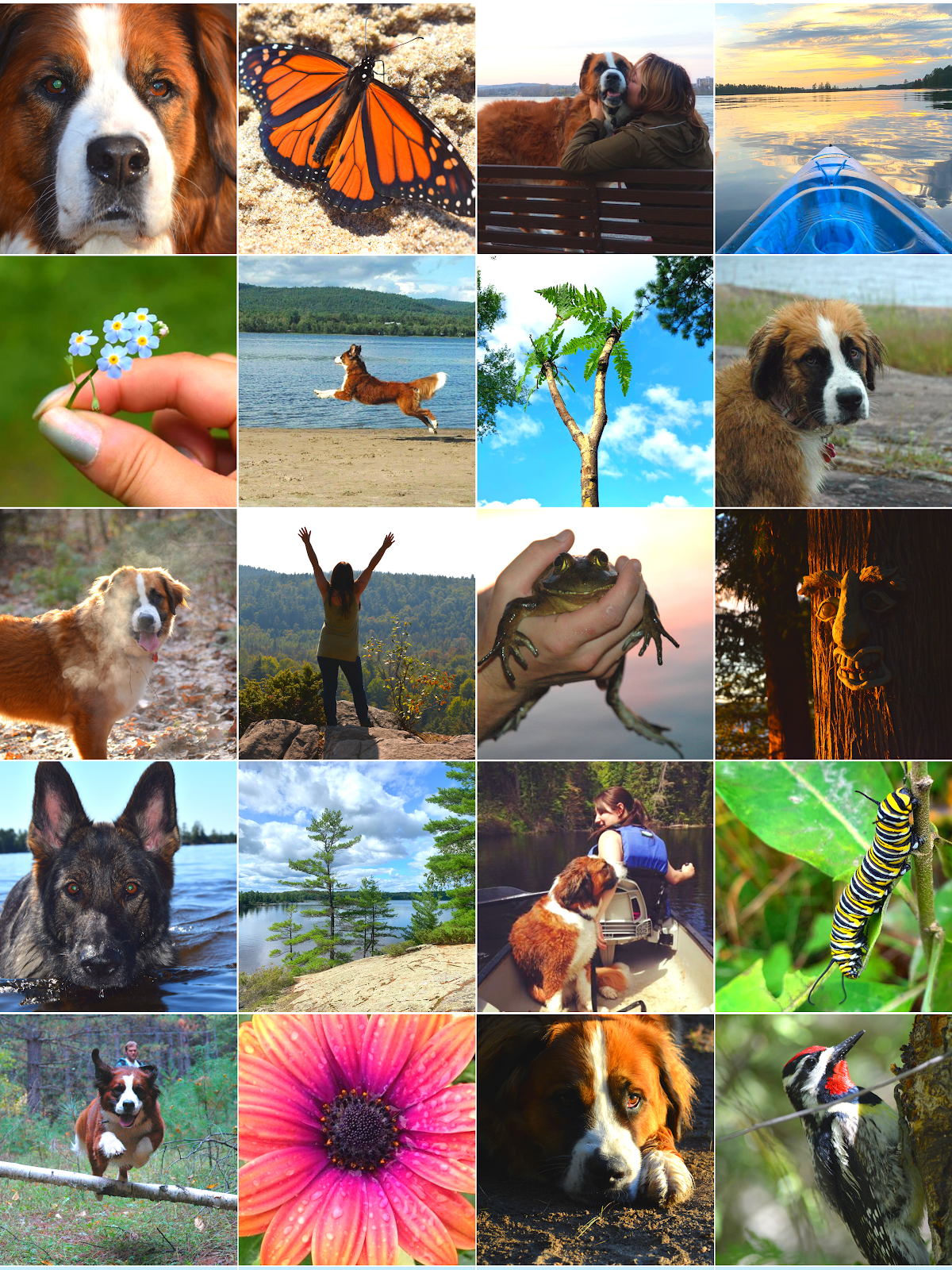National Crayon Day: Did you know Crayola's best colour is green?
It's the most colourful day in March! National Crayon Day! While your kids may be excited to scribble this day onto the calendar, I have something fun to share with all of the colour wonderful adults!
Crayola has been adding colour to kids lives for as long as I can remember. When I was a kid I would get so excited when I opened a new box of Crayola crayons. They always looked so perfect with their sharp, pointed tips, just waiting to glide across the page and add some colour to my creation. Crayola has been encouraging kids artistic creativity for decades. Crayola LOVES colour! But did you know that Crayola's most impressive colour is green?
Forgotten on the front lines: Veterinary clinics fight- and win- to be considered an essential service
Social media has been flooded with inspiring community support during the COVID-19 pandemic. Citizens are showing love to the many essential services that have been on the front lines of the pandemic to better serve the community. Listed in the posts and on the memes are the amazing health care workers and first responders, who of course are on the front line of all of this. Posts are also thanking the incredible grocery store workers, transportation sector, truck drivers, senior services, social workers, military, animal shelters, journalists, factory workers, mail carriers, bank workers and food service workers. All of these amazing people are supporting the country and putting themselves at risk to do so. One service that seems to have been forgotten among all of this: veterinary clinics.
10 best things about puppies for National Puppy Day
COVID-19 and your pet: How to entertain your dog during self-isolation

People and dogs are social creatures, but the COVID-19 pandemic has drastically changed the way we are all living our lives- fur-family included. As of this morning, there are 21 confirmed cases of COVID-19 in Ottawa, Ontario. Between social distancing and self-isolation, making connections has never been more difficult and there are far fewer butts for our dogs to sniff. Our dogs are overjoyed by the fact that many of us are home more than usual, but like us, they can become restless. Less walks, less sniffing and less social interaction can lead to boredom- and this can sometimes lead to acting out and misbehaving. Before we go barking up the wrong tree, let's get our tails wagging in the right direction when it comes to self-isolation with our pet.
Can I still walk my dog during self-isolation?
Fur the most part, no. If you are confirmed positive for COVID-19 you should not be walking your dog or taking your dog outside unless absolutely necessary. This would be considered a quarantine situation, and you should be limiting contact with the outside world. Government of Canada also recommends, if you are positive for COVID-19, that you limit the amount of contact you have with your pet- especially if you live with other people. If you touch your pet, and another person touches your pet, there is a risk of exposure. Since there is still much we don't know about COVID-19 and our pets, if you are infected with COVID-19 you should reduce your contact with your pet and touch your pet with clean hands.

COVID-19 and your pet: Can my dog or cat get the coronavirus?
It's on the tip of our tongues: COVID-19. This past week health officials have warned us that this is just the beginning. The impact of the virus will play out over months to come. Many pet owners have questions about the virus and how it could impact their fur-family. I decided to sniff out the facts on coronavirus and your pet.
What is coronavirus?
Let's start at the tip of the nose and work our way down to the tip of the tail. When you contract what is referred to as the 'common cold' you have likely contracted a type of coronavirus. Coronaviruses are a large family of viruses ranging in severity. The World Health Organization (WHO) explains coronaviruses:
"Coronaviruses (CoV) are a large family of viruses that cause illness ranging from the common cold to more severe diseases such as Middle East Respiratory Syndrome (MERS-CoV) and Severe Acute Respiratory Syndrome (SARS-CoV). Coronavirus disease (COVID-19) is a new strain that was discovered in 2019 and has not been previously identified in humans."
World Wildlife Day: How can you make a difference?
When we think of wildlife, images of wolves, bears, and birds come to mind, but fur and feathers aren't the only wildlife that needs our support. Hidden underwater is an important ecosystem that helps maintain balance on our planet- and it's at risk. Today we are reminded of the importance of sustaining all life on Earth. Fur, feathers, flora, fauna- and fins!



























